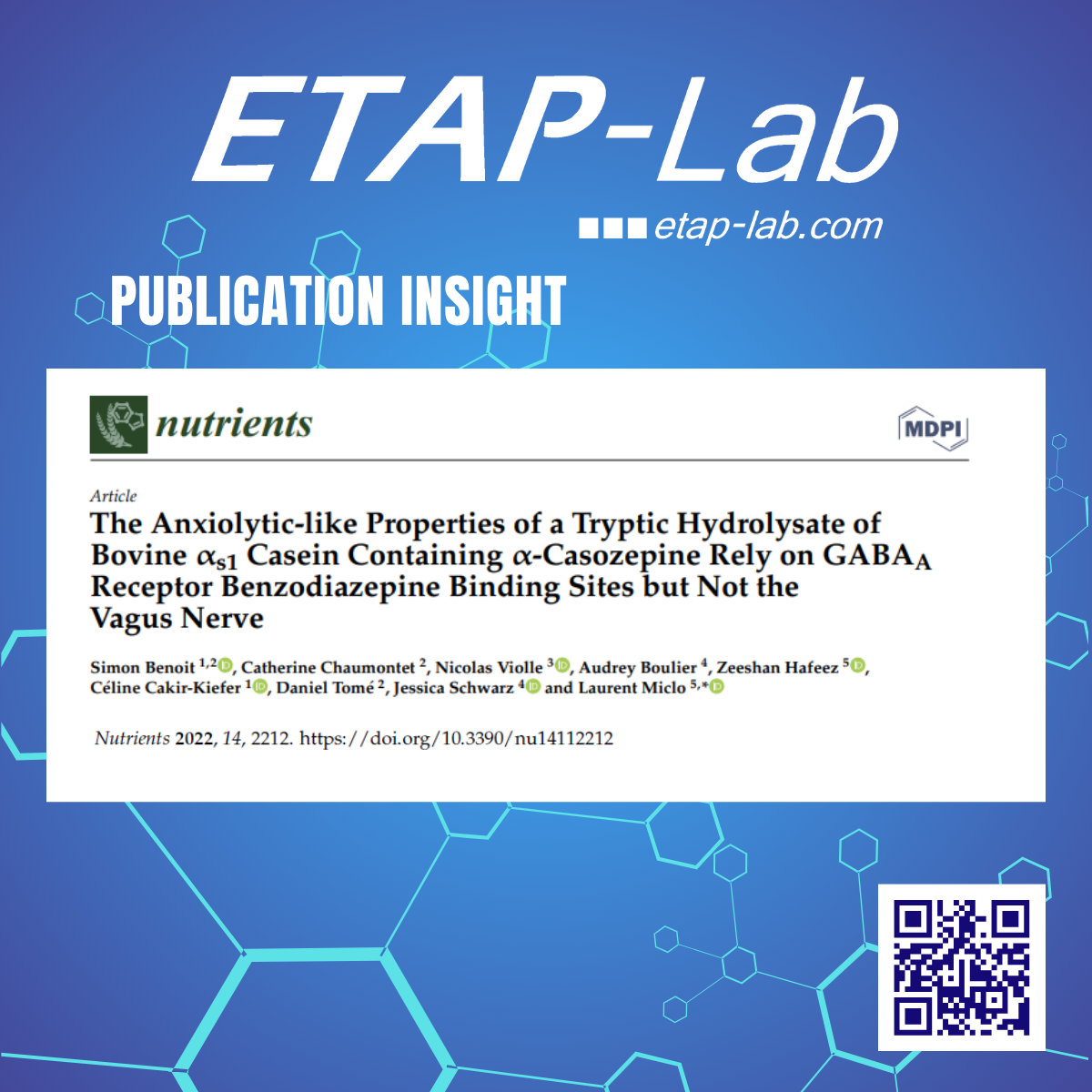Protective effect of Acticoa powder, a cocoa polyphenolic extract, on prostate carcinogenesis in Wistar-Unilever rats
Bisson JF, Guardia-Llorens MA, Hidalgo S, Rozan P, Messaoudi M - 2008, Eur. J. Cancer Prev., 17:54-61.
The effects of Acticoa powder on prostate carcinogenesis were investigated using the N-methylnitrosourea and testosterone propionate prostate tumor model. Sixty male Wistar-Unilever rats were randomly divided in four groups of 15 rats: one control group not induced but treated with vehicle (not induced+vehicle) and three chemo-induced groups. Two weeks before prostate tumor induction and then throughout the experiment, chemo-induced rats were orally treated with Acticoa powder at 24 (chemo-induced+Acticoa powder24) or 48 (chemo-induced+Acticoa powder48) mg/kg or with vehicle (chemo-induced+vehicle), daily from Monday to Friday. Survival, body weight, food and water consumption were recorded throughout the experiment. Six rats per group were randomly killed 9 months after the prostate tumor induction for histopathological analysis of prostates. A reduction in the incidence of prostate tumors was observed for the chemo-induced+Acticoa powder48-treated group in comparison with the chemo-induced+vehicle-treated group and no tumors were observed in the chemo-induced+Acticoa powder24-treated group as in the not induced+vehicle-treated group after 9 months. The nine remaining rats per group were maintained in a long-term survival study. The life span of the chemo-induced+Acticoa powder24-treated group was significantly increased in comparison with the chemo-induced+Acticoa powder48 and the chemo-induced+vehicle-treated groups, close to the one of the not induced+vehicle-treated group. A significant reduction in the incidence of prostate tumors was also observed for the chemo-induced+Acticoa powder24 and chemo-induced+Acticoa powder48-treated groups in comparison with the chemo-induced+vehicle-treated group. In conclusion, Acticoa powder at 24 mg/kg protected rats from prostate carcinogenesis when chronically given before the initiation and promotion phases of induction.
Link to Pubmed


